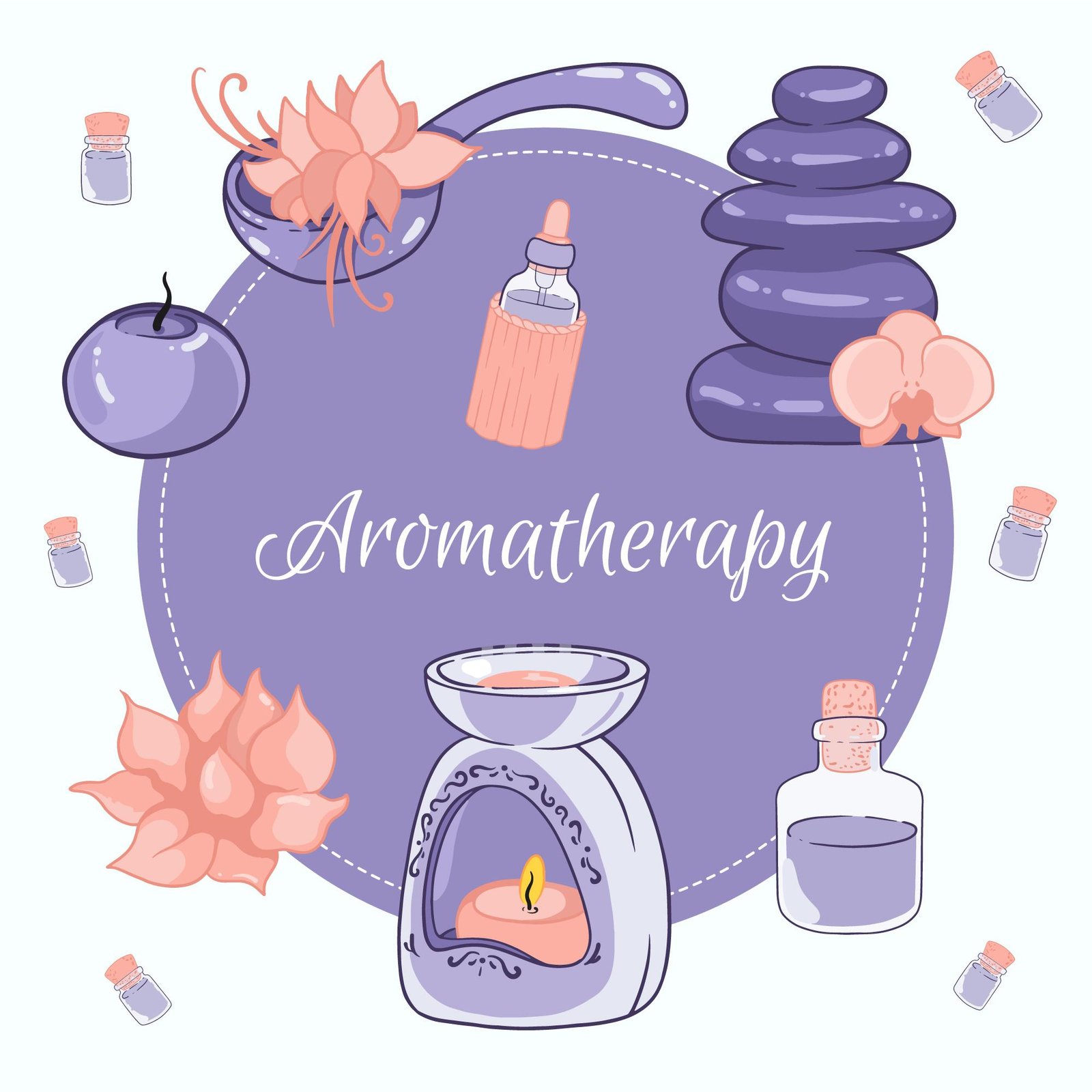
- Free Shipping on Orders Over $79
The History of Aromatherapy: A Journey Through Time
The History of Aromatherapy: A Journey Through Time

Aromatherapy, the practice of using essential oils and plant extracts for therapeutic purposes, has a rich and varied history that spans thousands of years and traverses many cultures. This ancient practice, rooted in the use of natural plant essences to promote physical and psychological well-being, has evolved into a well-regarded complementary therapy today. Here, we take a journey through the historical development of aromatherapy.
Ancient Beginnings
The origins of aromatherapy can be traced back to ancient civilizations, where fragrant plants and their extracts were revered for their healing properties. In ancient Egypt, essential oils were used in religious rituals, cosmetics, and medicinal preparations. The Ebers Papyrus, a medical text from around 1550 BC, documents the use of aromatic herbs and oils like myrrh, frankincense, and cedarwood for treating various ailments.
In China, the use of aromatic herbs is recorded in medical texts dating back to 2700 BC. The Chinese explored the medicinal properties of plants and incorporated aromatics into their traditional healing practices, influencing the development of acupuncture and herbal medicine.
Greek and Roman Contributions
The Greeks and Romans further advanced the use of aromatics. Hippocrates, often regarded as the father of modern medicine, advocated for aromatic baths and massages to improve health. Theophrastus, a student of Aristotle, wrote extensively about the therapeutic properties of plants and their scents in his work “On Odours.”
The Romans, renowned for their baths and elaborate hygiene rituals, embraced aromatherapy for its refreshing and medicinal qualities. They used essential oils in their public baths, massage therapies, and even as insect repellents. The physician Galen, who served Roman emperors, utilized aromatic oils in his treatments and writings.
The Middle Ages and Renaissance
During the Middle Ages, the use of aromatics in Europe saw a decline due to the fall of the Roman Empire and the rise of the Christian Church, which associated perfumery with pagan practices. However, the knowledge of essential oils and their benefits was preserved and expanded by Arab scholars. Avicenna, a Persian polymath, is credited with refining the distillation process to extract essential oils more effectively.
The Renaissance marked a resurgence of interest in botanical remedies and aromatics. Paracelsus, a Swiss physician, and alchemist, emphasized the healing potential of plant essences and contributed to the foundation of modern pharmacology.
Modern Aromatherapy
The term “aromatherapy” was coined in the early 20th century by French chemist René-Maurice Gattefossé. After discovering the healing properties of lavender oil in treating a burn, Gattefossé dedicated himself to studying essential oils and their medicinal applications. His work laid the groundwork for contemporary aromatherapy.
Another key figure in the modern revival of aromatherapy is Jean Valnet, a French army surgeon who used essential oils to treat soldiers during World War II. Valnet’s extensive research and publications further established the therapeutic uses of essential oils in medicine.
Aromatherapy Today
Today, aromatherapy is a widely recognized complementary therapy that blends traditional wisdom with scientific research. Essential oils are used in various settings, including spas, clinics, and homes, to promote relaxation, relieve stress, enhance mood, and support overall health.
Scientific studies continue to explore the mechanisms and efficacy of essential oils, contributing to a deeper understanding of their benefits. Aromatherapy has also integrated with other holistic practices, such as massage therapy, acupuncture, and naturopathy, to offer a comprehensive approach to well-being.
Conclusion
The history of aromatherapy is a testament to the enduring human connection to nature and the quest for healing and balance. From ancient rituals to modern scientific inquiry, aromatherapy has evolved while maintaining its core principle: harnessing the power of natural plant essences to enhance health and well-being. As we continue to explore and appreciate the rich legacy of aromatherapy, it remains a valuable and cherished practice in our journey toward holistic health.

Welcome to Omsint, home of the nebulizing essential oil diffuser – a perfect blend of innovation and nature. Our diffuser uses advanced nebulizing technology to disperse pure essential oils into the air without the need for heat or water, preserving their therapeutic properties. Experience the ultimate in aromatherapy with our stylish, eco-friendly design that complements any space. At Omsint, we are committed to enhancing your well-being with the highest quality products for a healthier, more fragrant environment.
Say Hi
- Address: 4666 Xianyue Rd, Huli District, Xiamen, Fujian, China, 361016
- Open Hours: Mon– Fri: 9am–6pm
- Sat-Sun: Holiday
- Email: support@omsintdiffuser.com
Customer Service
Get in Touch
Join Our Newsletter
Copyright © 2025 Omsint - All rights Reserved





